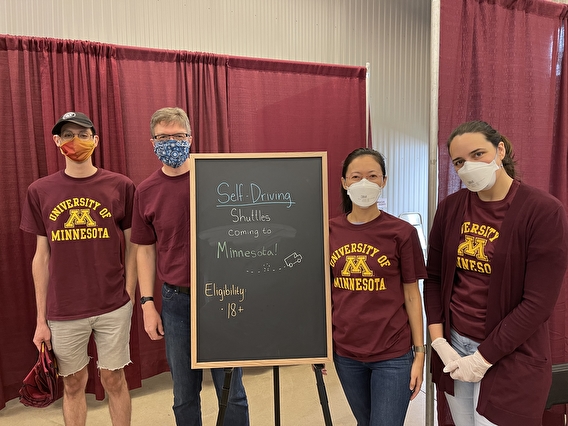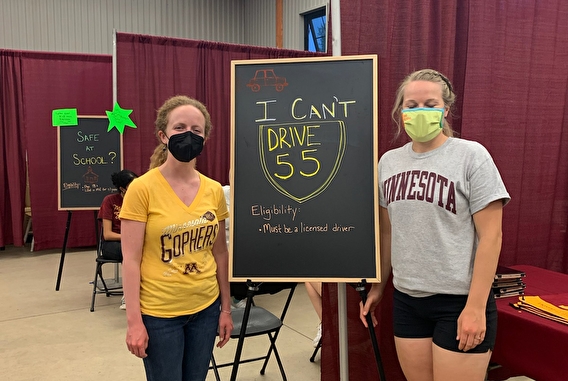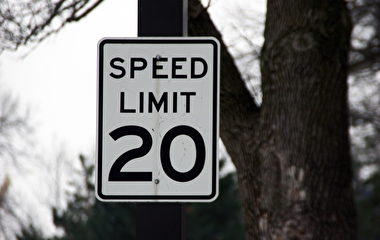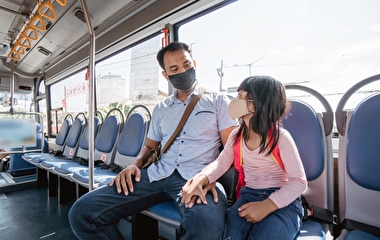
A year after the COVID-19 pandemic shuttered its gates, the Minnesota State Fair returned with many of the activities that make it a beloved tradition—including an opportunity for fairgoers to participate in world-class university research.
The Driven to Discover (D2D) Research Facility allows visitors to learn about U of M research and help advance efforts to improve our health, well-being, and environment. During this year’s fair, researchers from 36 ongoing studies welcomed visitors of all ages and backgrounds.
In one of the studies, a team from the Humphrey School of Public Affairs collected data about public perceptions and equity concerns surrounding shared automated vehicles (AVs). “Our research had been limited to the Twin Cities metropolitan region,” says Professor Yingling Fan. “By gathering data at the State Fair, we were able to obtain rich information about how a diverse group of consumers thinks about shared AV technology.”
Shared AVs have the potential to enable smart and connected communities where everyone benefits, Fan says. If well designed, pools of shared AVs of varying sizes—with efficient connections to high-quality public transit—could allow communities to provide inexpensive mobility services to all people.
Using handheld tablets, more than 300 fairgoers completed a short and anonymous survey designed to help the team with the following research goals:
- Identify Minnesotans’ preferences among possible features of shared AVs, including security features, payment and hailing systems, and additional amenities.
- Understand how perceptions and attitudes towards shared AVs differ among urban, suburban, and rural areas.
- Understand how feature preferences of shared AV technology differ by race, gender, and socioeconomic status.

“This information will be helpful when identifying recommendations and best practices for the integration of such technology into local and regional transit systems,” Fan says.
The State Fair survey on shared AVs was jointly led by Fan and fellow Humphrey School researcher Frank Douma. The survey effort is part of a larger interdepartmental study funded by the National Science Foundation’s Shared and Connected Communities program. Professor Zhi-Li Zhang of the Department of Computer Science and Engineering leads the larger study.
Also at the fair, researchers from the U’s HumanFIRST Laboratory gathered data from 323 fairgoers about a broad swath of driving behaviors, experiences, and beliefs. The goal of this survey, says HumanFIRST director Nichole Morris, was to better understand speeding behavior; perceptions of enforcement and technology related to speeding; e-scooter riding and crash experience; and e-scooter perceptions by non-riders.


